Being a good citizen in UK and Hillingdon
| Site: | Learn Hillingdon - Adult Community Education |
| Course: | Welcome to Hillingdon |
| Book: | Being a good citizen in UK and Hillingdon |
| Printed by: | Guest user |
| Date: | Saturday, 20 December 2025, 7:21 AM |
Description
Summary of sections: 
- About Hillingdon (including map of Hillingdon)
- Hillingdon Council and what it is for
- Rule of Law (including information on police and courts)
- Safeguarding (your security, information on the Home Office, etc)
- Democracy and the political system in UK (all about the government, elections, voting, etc)
- Citizenship and EU Settlement status for those affected by BREXIT
- Census collection (and how we can help you fill in this form)
1. About Hillingdon
The London Borough of Hillingdon is the second largest borough in London.

More than 300,000 people live in Hillingdon.
Hillingdon was made from the districts of Hayes and Harlington, Ruislip-Northwood, Uxbridge, and Yiewsley and West Drayton in the county of Middlesex.
Today, Hillingdon is home to Heathrow Airport and Brunel University.
Hillingdon Council runs the borough and the main council office is in the Civic Centre in Uxbridge.
The main towns in Hillingdon are Hayes, Ruislip, Northwood Hills, West Drayton and Uxbridge.
The borough has more than 200 green spaces. The total area of these is about 1,800 acres.
There are 17 libraries in Hillingdon: Charville, Eastcote, Harefield, Harlington, Hayes End, Hayes, Ickenham, Manor Farm, Northwood Hills, Northwood, Oak Farm, Ruislip Manor, South Ruislip, Uxbridge, West Drayton, Yeading, and Yiewsley.
Map of Hillingdon
2. Hillingdon Council
What is a borough and a council?
London is by far the largest city in the United Kingdom, and is split up into 32 smaller units called London boroughs, and each is governed by a London borough council.
Councils are responsible for social care and provide some aspects of transport, housing, and education. They are also in charge of a range of neighbourhood services including libraries and waste collection.
Each of the 32 London boroughs are divided into wards. Each ward is usually represented by three elected councillors. Elections are held every four years.
Hillingdon Council 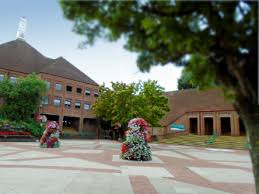
The London Borough of Hillingdon is the second largest borough in London.
Hillingdon Council runs most of the day-to-day services across the London Borough of Hillingdon. The council is responsible for housing, social services, street cleaning, waste disposal, roads, local planning and many arts and leisure services.
The main council offices are located in the Civic Centre, High Street, Uxbridge.
The council is made up of 65 councillors.
Councillors are not paid, but receive allowances from the council to ensure that they are not financially penalised for carrying out their duties.
All councillors meet together as the full council and meetings are normally open to the public.
At these meetings, councillors decide the council's overall policies and set the budget each year. They debate issues of current interest, consider and approve proposals from the Cabinet and appoint councillors to sit on the various council committees and outside bodies.
Find your councillor by entering your postcode. You can also find your councillor by name, political party or ward.
The office for your local council is called a surgery.
Find your nearest council surgery location and opening times
Mayor of Hillingdon
Each year a Mayor is appointed to lead the ceremonial and civic duties of Hillingdon. 
The Mayor is elected annually from among the councillors and takes office after the Council meeting in May.
The Mayor is the First Citizen of the London Borough of Hillingdon. During his/her term of office, he/she has a specific role to play for the local authority.
The Mayor's office is not political and he/she represents the council at many civic and ceremonial events in Hillingdon, as well as other boroughs.
The Mayor attends many different types of functions throughout Hillingdon, including the official opening of events or new facilities, talking to clubs and societies, and visiting schools.
One of the Mayor's most important tasks throughout the year is to chair council meetings in the Council Chamber, to keep order and ensure the rules of debate are followed.
The Mayor hosts visits to the Mayor's Parlour (office of the Mayor) from various organisations and is always happy to receive a request.
In a non-political way, the Mayor is responsible for furthering the interests of the borough whenever and wherever an appropriate occasion arises.
While hosting Citizenship Ceremonies and during any official visits to the borough, the Mayor has the role of receiving Members of the Royal Family.
The Mayor also acts as host to distinguished visitors, including national representatives of various organisations and foreign visitors.
*Information and images as shared on the Hillingdon Council website
3. Rule of Law
Rule of Law (including information on police and courts)
CRIMINAL JUSTICE SYSTEM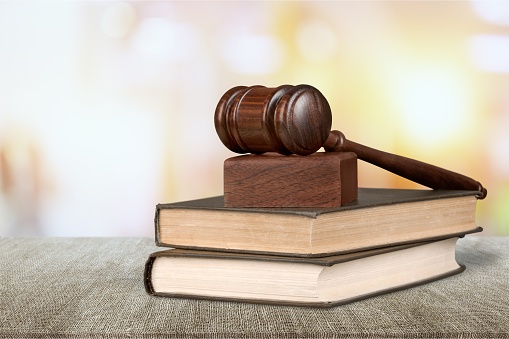
We hope that you will not come into contact with the Criminal Justice System (CJS) but it is worth knowing the basics of how things work in the UK.
The CJS is made up of bodies such as the police, the courts and the Crown Prosecution Service.
The CJS website is the best way to find out what happens. If you want more information, click the link below:
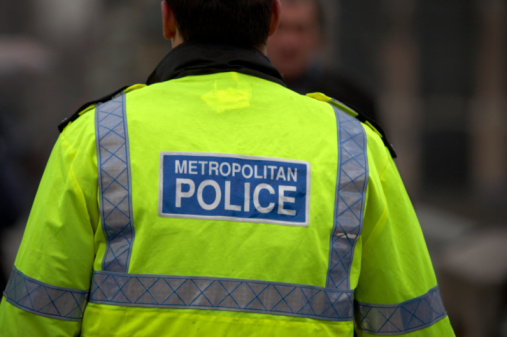
POLICE IN THE UK
The police in the UK are responsible for keeping law and order.
If you are arrested or charged with a crime, the police will tell you the reason for your arrest. You have the right to free legal advice from a solicitor at the police station, and the right to send a message to a friend or family member.
The power to stop and search people can help the police to detect crime and make your community safer.
‘Stop and search’ is when a police officer stops and searches you, your clothes, your vehicle, or anything you are carrying. You can ask for the name of the officer who has stopped you, the police station where he/she is based, and the reason for the search.
Click for more information: Police-powers-to-stop-and-search-your-rights
You should call the police if you have a car accident in which someone is hurt, if you are the victim of a crime or a witness to a crime.
Contacting the police
In an emergency you call 999.
Call 101 for non-emergency enquiries.
For the website: Met police UK
If you're deaf or hard of hearing, you can use the textphone service 18000 or text on 999 but you must pre-register with the emergency SMS service.
- Your area has a Safer Neighbourhood Team who help with local problems (noise, graffiti, anti-social behaviour, providing independent scrutiny to policing and influencing crime solutions).
4. Safeguarding
Safeguarding, your security and information on the Home Office
Home Office |
The first duty of the government is to keep citizens safe and the country secure.
The Home Office plays a fundamental role in the security and economic prosperity of the United Kingdom.
CLICK: Home Office
This has a list of all the different parts of the Home Office:
Contact the Home Office
The minicom service is for members of the public with impaired hearing. | Asylum Support Enquiry Line
Monday to Friday, 8am to 8pm. (24-hour service for emergencies) |
EU Settlement Enquiries
Monday to Friday (excluding bank holidays), 8am to 8pm Saturday and Sunday, 9:30am to 4:30pm. | Passport Advice Line
Monday to Friday, 8am to 8pm Weekends and public holidays, 9:00am to 5:30pm. |
Citizenship and the EU Settlement Status for those affected by BREXIT
For information on BREXIT and EU Settlement CLICK HERE.5. Democracy
Democracy and the political system in the UK
How Does The Government Work?
The Political System In The United Kingdom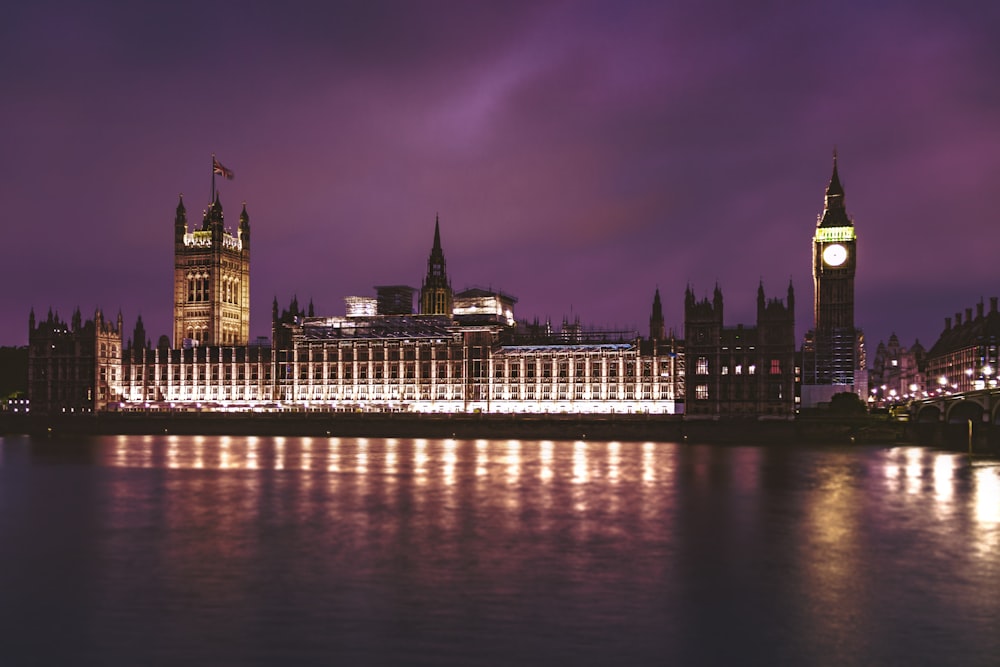
The two biggest political parties in the UK are the Conservative and Unionist Party and The Labour Party.
There are many other parties including the Liberal Democrats, the Scottish National Party and Plaid Cymru
The UK is divided into 650 areas called constituencies.
At every general election, the voters in every constituency choose a Member of Parliament (MP) to represent them.
Your MP represents you. You can contact them about problems or things you are concerned about.
Citizens of the UK, the Commonwealth and the Republic of Ireland (if resident in the UK) can vote in all public elections.
Citizens of European Union (EU) states who are resident in the UK can vote in all elections except national parliamentary elections.
These national elections choose who will be the next Government and are known as ‘General Elections’.
A General Election is held every five years.
You and Your MP |
MPs represent all the people in their local area, including the people who voted for them and the people who did not. They can speak out in the House of Commons about issues that matter to you.
Use our helpful guide to find out who your MP is, how to contact them and how they may be able to help you.
Download or order free copies: You and your MP booklet
Click to find your MP: Find my MP
Voting in Elections |
To vote in an election you need to be on the Register of Voters.
How do I register?
You can register if you are:
16 years old or over (you must be 18 or over to vote)
A citizen of Britain, a Commonwealth country or an EU country
Every year the Council will send a form to your house. If you are allowed to register, put your name on the list.
You only need to register once - not for every election.
CLICK: Register Online
Or
You can ask for an Electoral Registration form from:
Electoral Registration Office
Civic Centre
High Street
Uxbridge
UB8 1UW
How do I vote?
If you have registered then before an election you will receive a voting card.
On the day of the election take the card (or your passport) to the address on the card (the Polling Station) and you will then be able to vote.
CLICK: Apply for a Postal Vote
What elections can I vote in?
Elections for your local council (e.g. Hillingdon)
The European Parliament
Mayor London and London Assembly
If you are a citizen of Britain or a Commonwealth citizen you can also vote in:
A General Election (when the whole country votes)
A By-election (when people in your area vote for a new MP)
UK Parliament Awards 2022
If you’ve made a difference in your community or helped to promote democracy, apply for Your UK Parliament Award. Nominations for the Your UK Parliament Awards 2022 are currently open, closing date is 31 January.There are 7 Award categories that you could enter. Check out the website for more details Your UK Parliament Awards 2022 | UK Parliament Week.
6. Citizenship and the EU Settlement Scheme
Citizenship and the EU Settlement Status for those affected by BREXIT

This section is divided into 2 parts:
- Citizenship, Passport application and Life in the UK test
- BREXIT and EU Settlement Status
6.1. UK Citizenship
To Check if you can become a British Citizen: British Citizenship
UK Passport Application
To check if you can apply for a UK passport:
Passport Adviceline:
Telephone: 0300 222 0000
From outside the UK: +44 (0)300 222 0000
Textphone: 18001 0300 222 0222
Monday to Sunday, 9:00am to 5:30pm
Apply online:
You can Apply online for a UK passport: Apply UK Passport
Documents you must send:
Application form (signed) .
Two photos (must be the same), one signed.
Documents to prove you are British.
Payment.
Find guidance for UK passport: Applying for a UK Passport
Note: The UK passport lasts for 10 years, then you must get a new one (renew)
Tests needed for citizenship:
If you are 18 or over and applying for citizenship or to settle in the UK (known as ‘Indefinite leave to Remain’), you may need to do life in the UK test and prove your knowledge of the English language. Prove knowledge of the English Language: You can prove it by having either: an English qualification at B1, B2, C1 or C2 level a degree taught or researched in English Life in the UK Test: You need to take the test as part of your application for British citizenship or settlement in the UK. It costs £50.00. You’ll be tested on information in the official handbook for the Life in the UK Test - you should study this book to prepare for the test. You’ll have 45 minutes to answer 24 questions about British traditions and customs. CLICK: Book Life in the UK TestWhich test do I need to do for citizenship or to settle in the UK?
For more information please click: English Language Requirements
British Citizenship Ceremonies
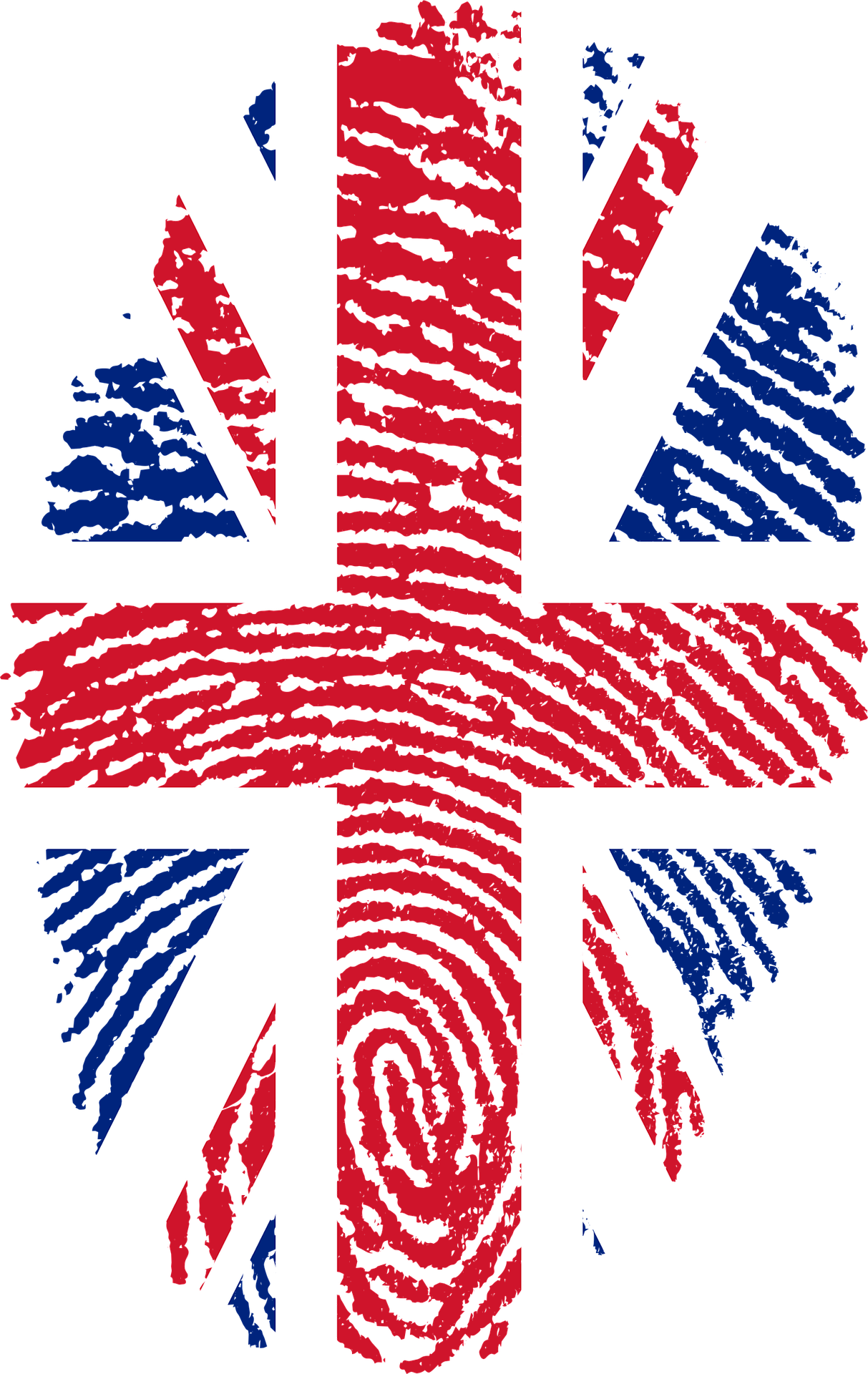
You need to bring the invitation letter sent to you by the Home Office. You pay a fee to the Home Office. Ceremonies are at the Civic Centre. You will get a Certificate of Naturalisation, and sign a Citizenship Register. You can bring 2 guests. The ceremony itself will take approximately one hour. You may want to take photographs at the end of the ceremony. Monday to Friday £100 per person. Saturday £125 per person. CALL: (01895) 250418Fees for a Private Ceremony
6.2. BREXIT and EU Settlement Scheme
BREXIT

What is Brexit?
Brexit - British exit - refers to the UK leaving the EU.
What happens after Brexit day?
The UK formally left the EU on 31st January 2020, but there is still a lot to talk about and months of negotiation to come.
Transition Period:
There is now a transition period until the end of 2020 while the UK and EU agree on additional arrangements.
The current rules on trade, travel, and business for the UK and EU will apply in the transition period.
New rules will start on 1st January 2021.
Travel to the EU:
You can continue to travel to the EU as usual during the transition period.
From 1st January 2021 there will be new rules to travel to the EU, or to Switzerland, Norway, Iceland or Liechtenstein.
CLICK: Travel to EU from 1st Jan. 2021
EU SETTLEMENT SCHEME
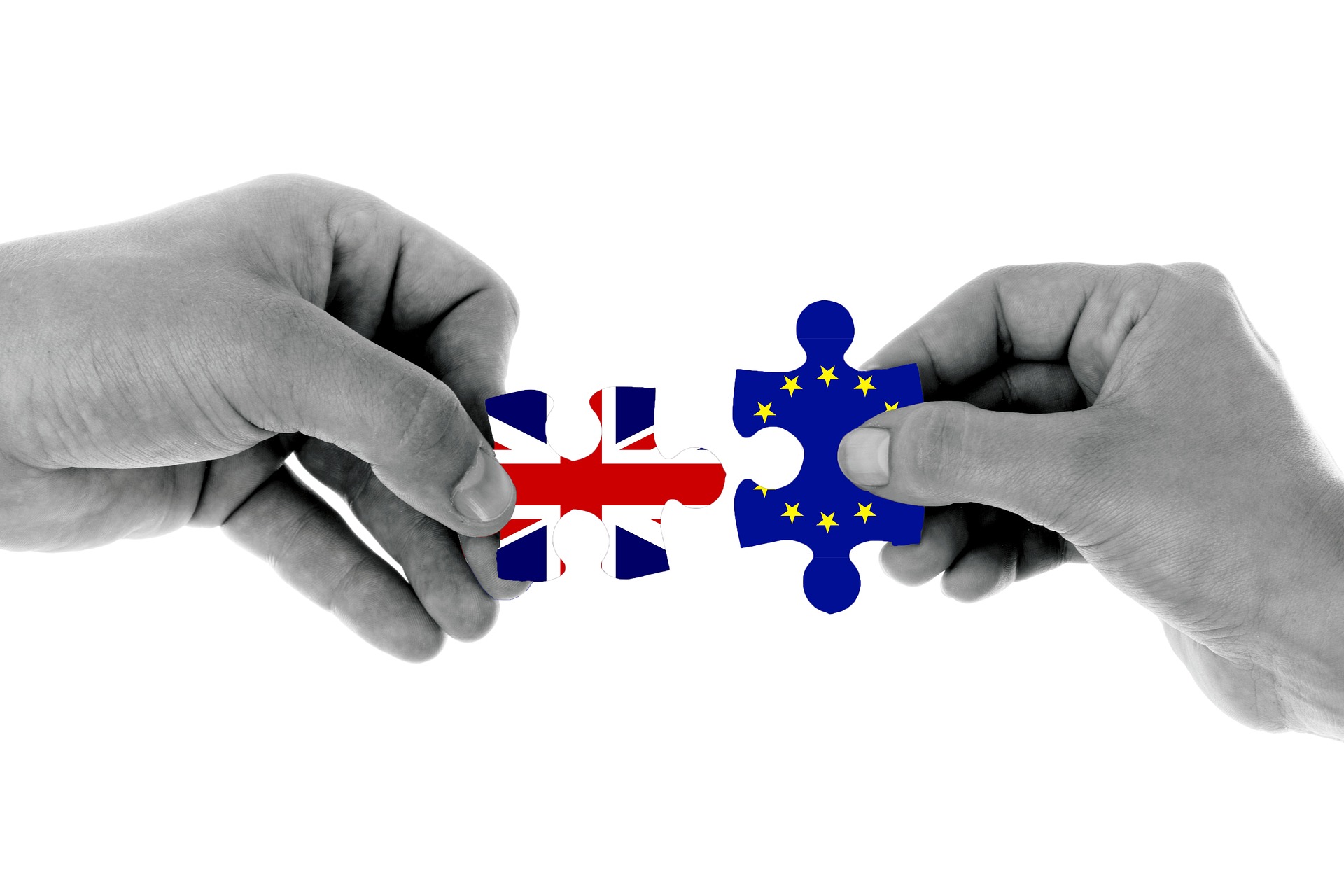
Staying in the UK if you’re an EU citizen
Check if you need to apply to the settlement scheme if you or your family are from the EU, or from Switzerland, Norway, Iceland or Liechtenstein.
CLICK: Continue to Live in the UK
Living and Working in the EU:
Living and working in an EU country depends on the rules in that country.
You may need to register or apply for residency. You should check that you are covered for healthcare.
You may also need to exchange your UK driving licence for a licence issued by the EU country where you live.
CLICK: UK Nationals Living in the UK
EU Settlement Scheme
If you are an EU, EEA or Swiss citizen, you and your family can apply to the EU Settlement Scheme to continue living in the UK.
The deadline for applying is 30 June 2021. You must have started living in the UK by 31 December 2020.
It is FREE to apply to the Scheme.
What you will need to apply:
Proof of your identity
Proof of your residence in the UK, unless you have a valid permanent residence document, or valid indefinite leave to remain in or enter the UK
How to Apply:
You can apply online : Apply Now
Use the EU Settlement Scheme contact form to get help online.
If you want to stay in the UK without applying: Stay in the UK without applying
How can we at HACL help? 
We have created a document that explains the EU Settlement status scheme in a simplified way. It will guide you on if, when and how you can apply for this scheme. Click on the PDF below to open and view this file.
This same document is available in an even simpler form especially for ESOL learners:
EU SETTLEMENT SCHEME FOR ESOL LEARNERS
Call us at our Brookfield office on 01895 556455
7. Census collection
Census collection and how we can help you
What is a census?
The census is a survey that happens every 10 years and gives us a picture of all the people and households in England and Wales. The census is unique. There’s simply nothing else that gives so much detail about us and the society we live in.
All kinds of organisations, from local authorities to charities, use the information to help provide the services we all need, including transport, education and healthcare. Without the census, it would be much more difficult to do this.
By taking part, you’ll be helping make sure you and your community get the services needed now and in the future.
Census 2021 - Online
Census 2021 will be the first digital-first census. It’s easy to do and can be done on any device. You’ll get an access code from us at the Office for National Statistics. Simply go online and enter the code into our secure website to get started.
This census will be ‘digital first’ and accessed online, and HACL will provide support to ensure those without digital skills or digital access can participate and be counted. More details will be available in early 2021. If you don’t have access to the internet or you think you may not be able to fill in the online survey, we can help. Please call 01895 556248 to make an appointment.How can we at HACL help?

FOR MORE INFORMATION GO TO THE CENSUS 2021 WEBSITE

